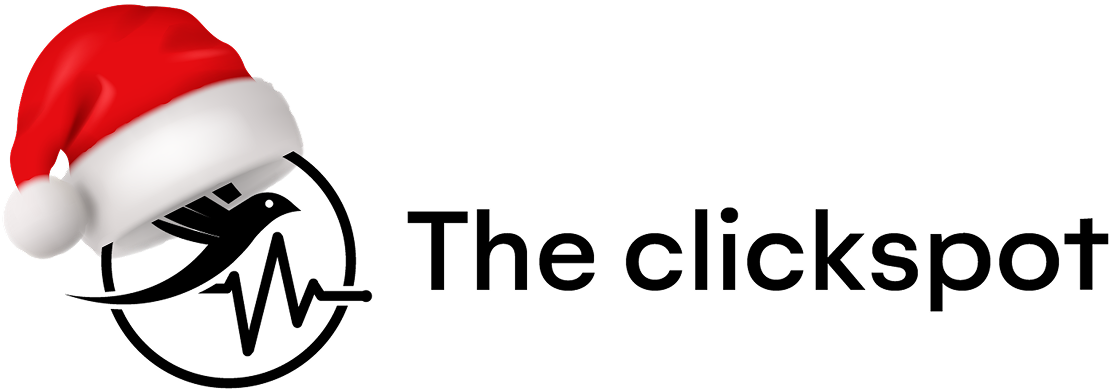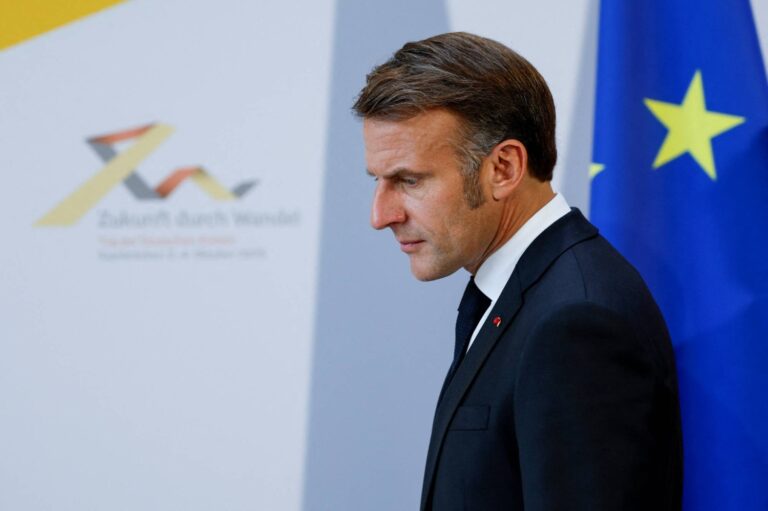Cameroon’s opposition leader, Maurice Kamto, banned from the October election, has raised questions about the country’s political future. Maurice, a strong challenger in 2018, was excluded from the official list of candidates. The electoral body accepted only 13 names out of 83 submissions. President Paul Biya, at 92, was cleared to run again and will pursue his eighth term in office.
Kamto’s exclusion came as a shock to many supporters. He had gained significant attention during the 2018 race, where he finished second amid claims of widespread irregularities. This time, he was left off the list despite being officially adopted by the Manidem party. The decision has not yet drawn a direct reaction from him.
President Biya, the world’s oldest sitting leader, insists he still has much to offer Cameroonians. He has been in power for almost 43 years and remains determined to continue. Despite calls for him to step down, he confirmed his candidacy once more. Two of his former allies, Issa Tchiroma Bakary and Bello Bouba Maigari, are also in the race. Both men come from Cameroon’s populous northern region, an area expected to play a crucial role in the outcome.
The reason for Kamto’s exclusion is linked to a technical dispute within the Manidem party. Officials said there were two candidates registered under the same party name. Even though Kamto had been adopted by the party’s main leadership, a splinter faction also submitted a candidate. This conflict allowed the electoral commission to disqualify him.
Anicet Ekane, president of Manidem, described the decision as arbitrary and provocative. He called on Cameroonians to remain calm and avoid unrest. He said the party would take the matter to the Constitutional Council for review. According to him, the ruling was like a goal unfairly disallowed in football and should be corrected.
Those barred from the race have two days to submit legal appeals. Kamto is expected to challenge the decision through official channels. He previously ran under the Cameroon Renaissance Movement, but that party was barred from endorsing a candidate this year because it holds no parliamentary or local seats. To remain eligible, Kamto joined Manidem, which has representation at the local level.
The electoral body confirmed that 13 candidates, including several notable figures, will contest the election. Among them is Akere Muna, a respected lawyer known for his anti-corruption stance. Social Democratic Front leader Joshua Osih also made the list, along with lawmaker Cabral Libii. Patricia Tomaino Ndam Njoya, mayor of Foumban, is the only female candidate approved to run.
The October election is expected to be one of the most closely watched in Cameroon’s history. Many citizens worry about fairness and transparency after Kamto’s exclusion. Some fear the decision could weaken public trust in the electoral process. Others believe the Constitutional Council may still reverse the ruling if evidence of bias is proven.
Observers say Biya’s long rule faces growing resistance from a younger generation calling for change. The presence of two northern candidates could split votes in that region, possibly reshaping the outcome. At the same time, Kamto’s supporters argue that his absence denies voters a strong alternative to Biya.
In the coming days, the focus will shift to how Kamto and his team respond. Legal action could decide whether he reenters the race or remains sidelined. Meanwhile, the electoral body is urging calm and promising to uphold the law.
In conclusion, his ban from the presidential race has created both anger and uncertainty. Kamto’s disqualification raises fresh questions about fairness, and President Biya’s push for an eighth term has intensified debate. The Constitutional Council’s decision in the days ahead may shape not only the October election but also the country’s political future.

